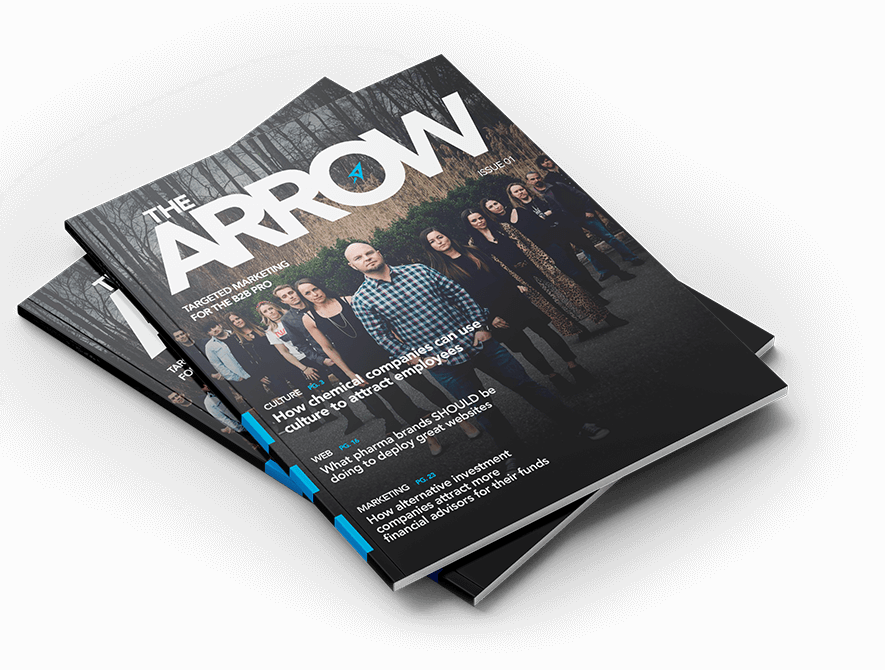Facebook and Apple iOS14: What You Need to Know
Chris Mulvaney is the CEO of CMDS. I make things... I’m the creative entrepreneur with passion for (re)making brands and inventing solutions to problems no one knows exist.
As digital marketers, we can all agree that change is inevitable. What worked yesterday, might not work tomorrow. The secret is to remain adaptable and always consider what is on the horizon and how it might affect your campaigns and your business.
The big news in the digital world over the past few weeks has been dominated by headlines having to do with iOS 14 and Apple. But what is it all about?
In short, Apple has announced that their new operating system, iOS 14, will disrupt Facebook Ads targeting in a number of ways.
The bad news? Brands who advertise, target, and report on mobile apps and/or the web will undoubtedly be affected in some way.
The good news? We don’t have the full story yet and won’t know the effect of this until it’s been fully rolled out. So, the best thing we can do is be proactive.
Let’s take a closer look at the iOS 14 update and how it may impact Facebook Ads going forward.
What Does the New Apple iOS 14 Policy Entail?
Before you can get a clear understanding of how Facebook ads will be affected, you first need to understand some changes within the iOS 14 update itself. In fact, Facebook indicates that this change “will have hard hitting implications for businesses that advertise on mobile devices and across the web.”
If you want all the details, you can access the brief from Apple, but to provide a quick snapshot, here are three main changes coming our way:
Privacy Nutrition Label
- According to Apple, the privacy Nutrition Label will require all apps to submit how their application collects and utilizes data from users. Both app owners and developers must upload this informational clause to the Apple App Store Connect.
Apple’s App Tracking Transparency (ATT) Prompt
- All applications utilizing the Apple App store will now be required to ask users for permission to track their data – they have named it the “Apple’s App Tracking Transparency (ATT)” prompt. This transparency prompt will give the user the ability to accept or decline the tracking of their data across third-party apps and websites.
Tracking via App/Browser APIs
- Facebook and other platforms will be required to utilize a new framework with restrictions in place and could delay event reporting. The previously instantaneous reporting for App Conversion Campaigns could now be delayed up to three days due to the newly adopted SKAdNetwork API (SKAN API).
What Does That Mean for Facebook Advertisers?
These changes will affect Facebook and Instagram advertisers both on the web and on the app. Here’s what businesses can expect:
Ad Creation Limitations
- Auction bidding will now be the only available buying option when creating ads for devices on iOS14. That means that reach and frequency bidding will no longer be available.
- You can only associate your app with a single ad account. However, you can use the same ad account to advertise for multiple apps.
- Once your campaign is published, you can’t turn on or turn off the iOS 14 campaign toggle. You’ll have to turn off or delete your campaign.
- Read more on Facebook’s post to find out more on this.
Reporting Limitations
- The new iOS 14 update will limit advertisers’ ability to measure the performance of campaigns on Facebook. This means that businesses could see a data delay of up to three days because the previous real-time reporting will no longer be supported. Statistical modeling may be used to account for conversions from iOS 14 users.
- Delivery and action breakdowns including age, gender, region, and placement will also not be supported.
Targeting Limitations
- As more people opt-out of tracking on iOS 14 devices, the size of app connections and Custom Audiences will decrease (this applies to both app and web activity). This means that businesses may need to broaden audiences to capture the attention of potential customers going forward.
Preparing for iOS 14 on Facebook
Once the iOS 14 updates become effective in the coming weeks, these changes could significantly impact Facebook advertisers by making ads less effective.
Again, we don’t know how big of an impact this will be on web or app advertisers, but we do know we’re facing some changes that will not go unnoticed.
For now, there are a few things you can do to prepare:
- Verify your Domain in Facebook Business Manager to ensure you have authority to configure the conversion events tracked on your domains. If these domains are not verified, the advertiser will not be able to edit the domains conversion event configuration.
- Triage your event priorities by pre-selecting eight “Conversion Events” per domain. Facebook will be limited to eight conversion events for each domain which will be ranked manually within Ads Manager (prioritized for tracking and optimization).
- Enable value optimization (VO) to allow Facebook to predict the revenue value of individual users based on machine learning.
- Establish historical and seasonal benchmarks by downloading the currently available 7-day and 28-day performance from Ad Manager.
- Stay abreast of changes. Our team will continue to follow any changes with the Apple iOS14 roll-out and update any new information as it becomes available.





